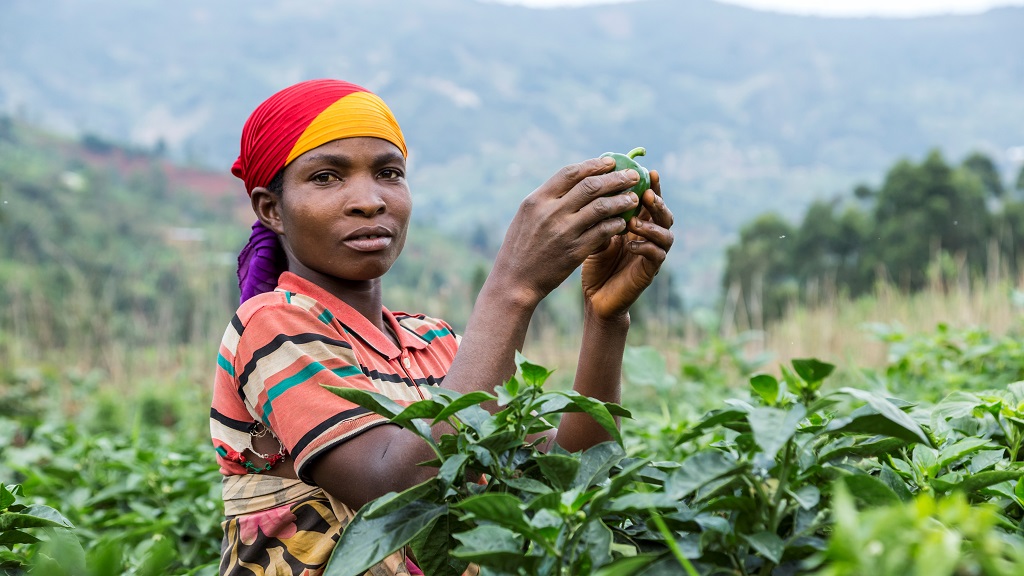
Gender norms often prevent women from entering into productive careers in agriculture. These norms are a type of social norm related to what communities believe men and women should and shouldn’t be doing. They’re shared beliefs about typical and appropriate behaviour in a group.
They raise many questions.
What do people approve of?
What ought people to do?
What are people expected to do?
It’s important to keep in mind that gender and social norms are externally oriented. That means people might follow them even if they don’t believe in them or have a different attitude internally. This might be because they want to belong or have insufficient power to resist.
We believe women should have access to more meaningful roles and work in agriculture. To do this, we need to shift gender norms. For example, women are expected to carry the burden of unpaid care work. But this holds them back from income-generating opportunities in agriculture. To change gender norms in rural communities, we must study the underlying attributes of behaviours. What are the drivers? Who are the people who set or shape the norms? Who can influence change?
Unpaid care work – one of the biggest barriers to women becoming productive farmers
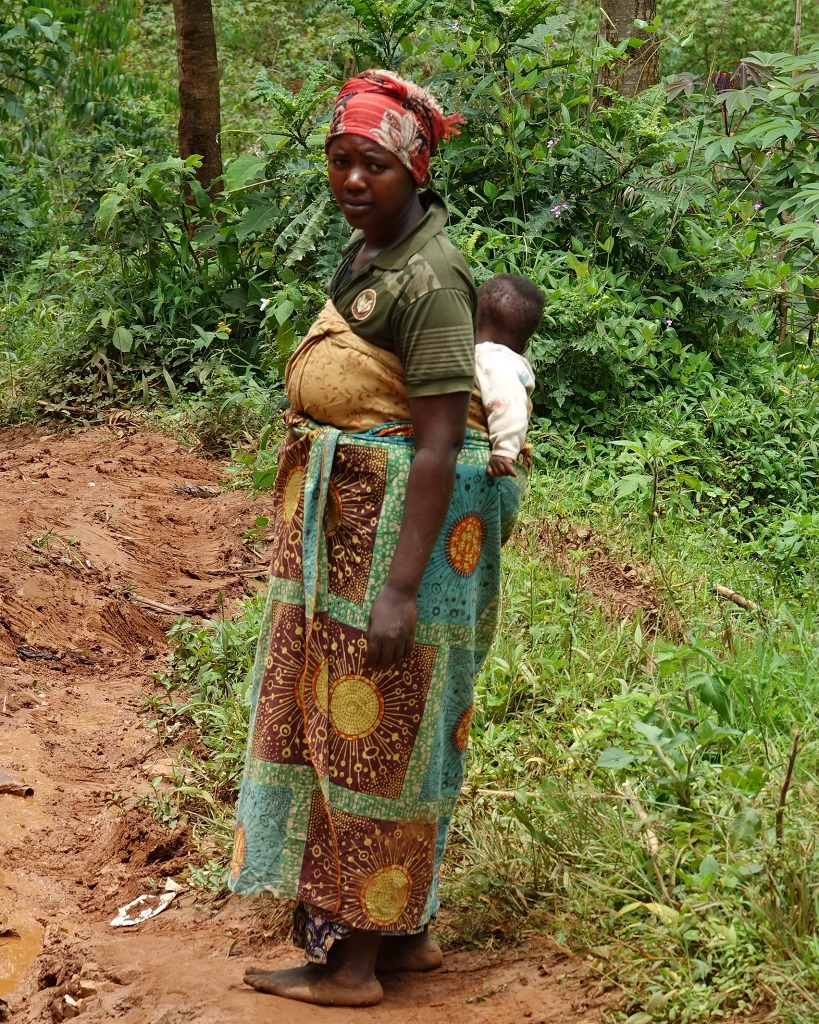
Gender norms affect unpaid care work. But what is this type of work, and what does it entail? We can define unpaid care and domestic work as the often-invisible work of caring for children, elderly and sick people, and those with a disability. It also includes cleaning, cooking, and washing. And it can involve tasks such as collecting water and fetching firewood.
This is one of the most significant barriers to women building meaningful careers in agriculture. For women to reach their potential in farming, they must first be freed from social norms around unpaid care work. What is needed is a shift in social norms that causes unfair distribution of unpaid care work. Without this shift, women will continue to be given almost all the burden of household care work.
Gathering data and sharing information is critical. We need an open discussion about gender norms and unpaid work. An Oxfam study conducted in Zimbabwe asked the question, do men care about care work? The answer is yes! Significantly, 79% to 97% of men approve that men should do care work. But only 36% to 60% thought that men in their community would approve of them doing it.
This reveals an interesting fact. What people think the community approves of is more important than what they think the community members actually do!
Community conversations can change social norms around care work
Social norms are built by different actors in the community and at different levels. So, to address norms, it’s important to work with a wide range of people. We must involve everyone, from individuals and families to wider communities. An important tool for working at these different levels is community conversations.
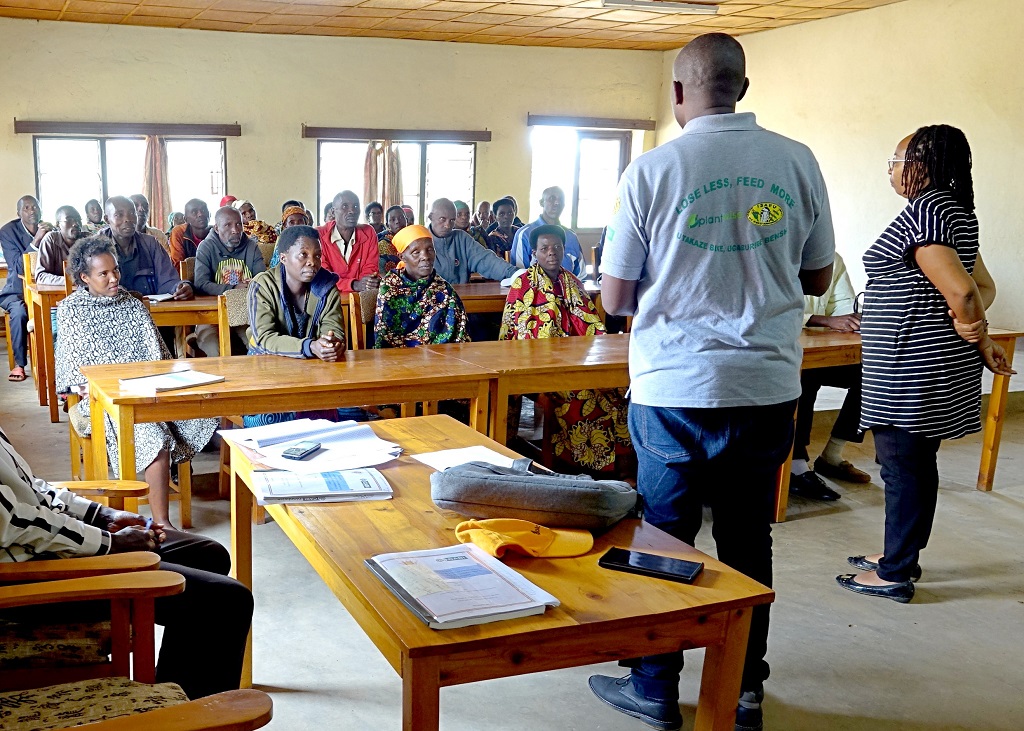
Community conversations are a socially transformative approach. They bring communities together to address underlying causes of development problems. These conversations bring together a cross-section of the community. They include members such as local administrators, religious leaders, men, women, young and old. Everyone then reflects on specific identified challenges. After reflection, the group identifies steps to resolve challenges. This eventually leads to a change in attitudes, values, beliefs, and practices – including gender norms.
What is rapid care analysis and why does it matter?
Another important tool is Rapid Care Analysis (RCA). Oxfam developed this approach in 2016, aiming to raise awareness about the burden of unpaid care work. It looks at the effect on women’s participation in economic, social, and political affairs within their communities. It promotes the recognition of care work as work within the community. And it aims to find community-based solutions to reduce the drudgery of care work. It does this through time- and labour-saving technologies and infrastructures. In addition, it redistributes care work responsibility between men and women within households. It even redistributes work between households and the private and public sectors.
The RCA highlights disparities and heavy burdens. By recognizing and addressing these imbalances, care work can be reduced and redistributed. This empowers carers and ensures their representation in decision-making. Oxfam developed the RCA as a user-friendly participatory exercise. Conducted at a community level, it can raise awareness and find ways for reducing and redistributing care work.
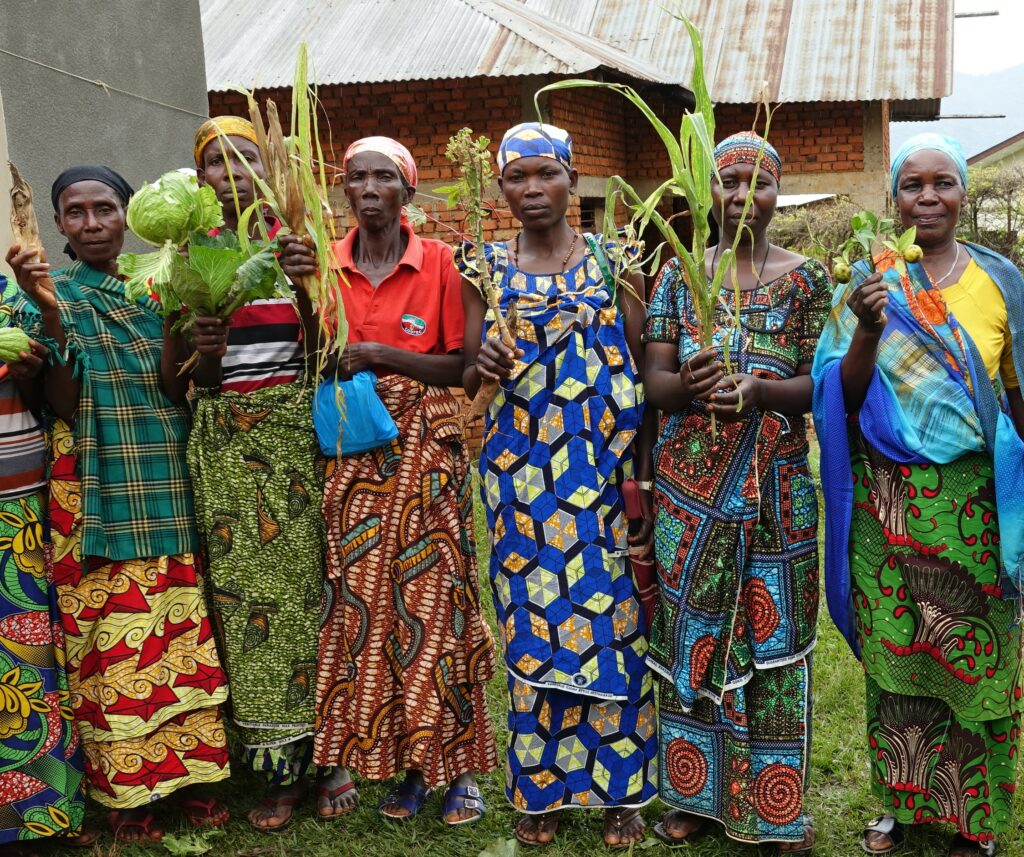
The RCA helps to identify the care activities that take the most time. It also examines activities affecting women’s health, mobility, and opportunities. Then it identifies solutions to redistribute and reduce problematic care tasks. Thereafter, it identifies solutions to redistribute and reduce problematic care tasks, with the support of various stakeholders. Follow-up discussions then take place, including with government and local authorities. It develops action plans to help women participate in agricultural training, such as attending Plantwise plant clinics. This is a big step toward helping women improve income generation from farming.
The RCA tool helps bring people together so they can discuss unpaid work. Participants look at how they spend their time. They calculate paid work and unpaid care work. They then look at averages for men and women. This helps to show participants how they’re spending their time. And reveals women’s work burden. RCA helps shine a light on social norms around unpaid care work. And although social norms can take a long time to change, RCA helps to trigger a shift in thinking.
CABI conducts rapid care analysis in Burundi for unpaid care work
CABI conducted an RCA exercise in Burundi in September 2021. The exercise focused on Bubanza Province and Mpanda and Gitega Communes. In the two communes, the participants included 20 women and 20 men, who were mostly farmers. A gender consultant led the sessions using various exercises included in the RCA manual.
The exercises revealed that women were responsible for almost all care activities in the household. Men participated in care activities that required mobility or physical strength. This included buying provisions or digging toilets.
The exercises on social norms revealed that men and women tended to see and then copy gender roles. Boys and girls are socialized from an early age on existing gender roles within the household and in the community. Various factors, including religion, shaped the roles. Plus, perceptions of what constitutes an ideal man or woman. For example, “good man”, might provide for his family financially. A “good woman” might keep a clean and tidy home. And men who do household chores might be ridiculed for being “feminine”.
The RCA can help guide change in unpaid care work. Changing gender norms around unpaid care work is beneficial. It promotes gender equality and reduces the burden on women. It also enables men to engage in caregiving and fosters a more balanced distribution of responsibilities within households. Using the right tools, we can help create the social shifts that help bring about more equality and opportunities for women in agriculture.
Learn more about CABI’s work in gender equity.
Read more
How community conversations help to close the gender gap in Burundi
Social norms: why women farmers might not be getting ahead despite development support
Women are not just farmers’ wives: overcoming stereotypes of women in agriculture
Overcoming gender barriers to tomato farming in Pakistan
All images ©CABI
1 Comment
Leave a Reply
Related News & Blogs
Empowering women farmers in Pakistan with pest control knowledge
Women farmers in Pakistan play a central role in the country’s economy. However, many struggle to access essential information about sustainable farming approaches. Women make up nearly 66% of the agricultural workforce in Pakistan. Yet they receive ve…
30 May 2025

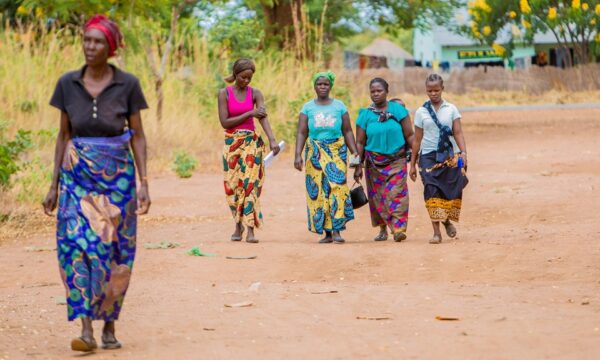
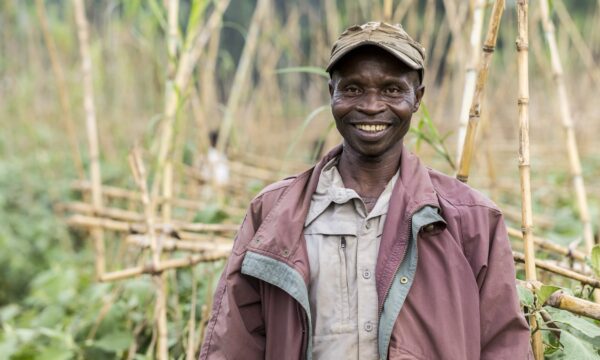
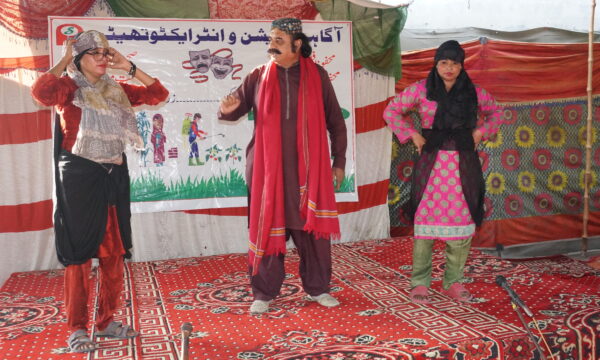
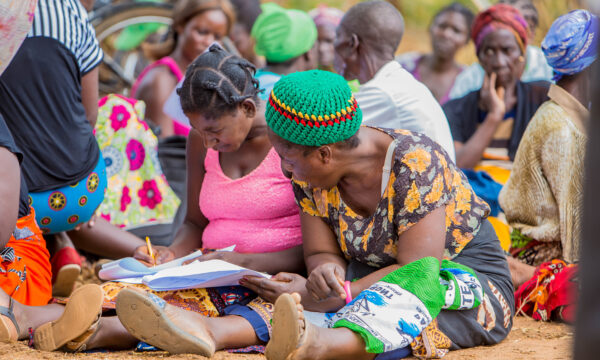
How can I benefit from your organization!! Belinda from Zambia